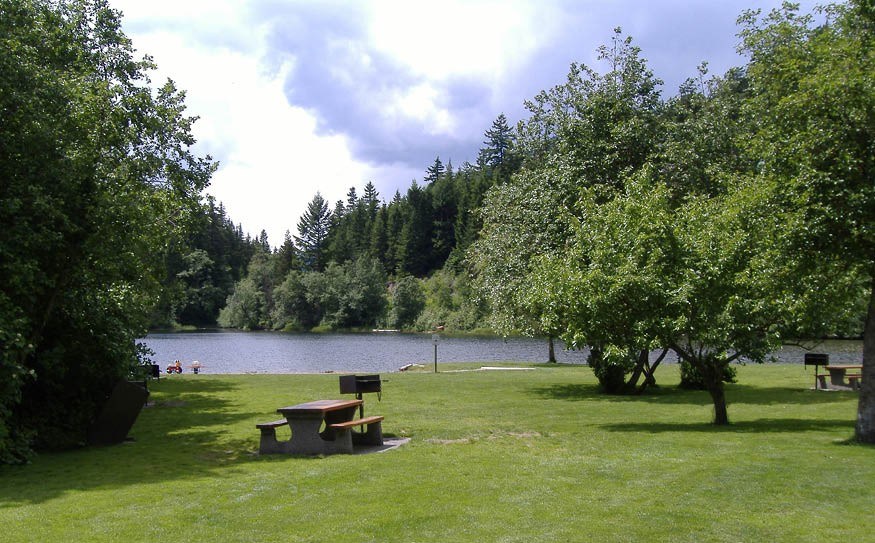Whistler's land, air and water are fairing well if the first State of the Environment report is any indication.
Presented to council Tuesday night, the report is a high-level snapshot of the status of Whistler's environment based on research and monitoring.
The report states: "Overall, the state of our natural systems is good, but certain elements are in decline owing to human activity."
Heather Beresford, environmental stewardship manager, highlighted some areas of concern.
In particular she drew council's attention to the water in Crabapple Creek and Write Off Creek, which flows into Alpha Lake.
Both have levels beyond provincial guidelines for things like zinc and cadmium.
Councillor AndrŽe Janyk asked what kind of health risks those increases posed.
Not much for humans, said Beresford.
"But they can have negative effects on the health of the species that are living in there," she added.
The biggest threat to Whistler's water quality is increased stormwater runoff carrying contaminants and sediment due to urban development.
Beresford, in her report, recommends continued monitoring, as well as stream rehabilitation projects as required to restore spawning areas.
Mayor Nancy Wilhelm-Morden expressed some surprise that there was no mention of the impact of logging on the land in the State of Environment report.
Beresford explained that the Cheakamus Community Forest extends beyond the municipal boundaries.
"It's beyond the scope of what we've been focusing on," she said.
The State of the Environment report is intended to be presented annually to council.




